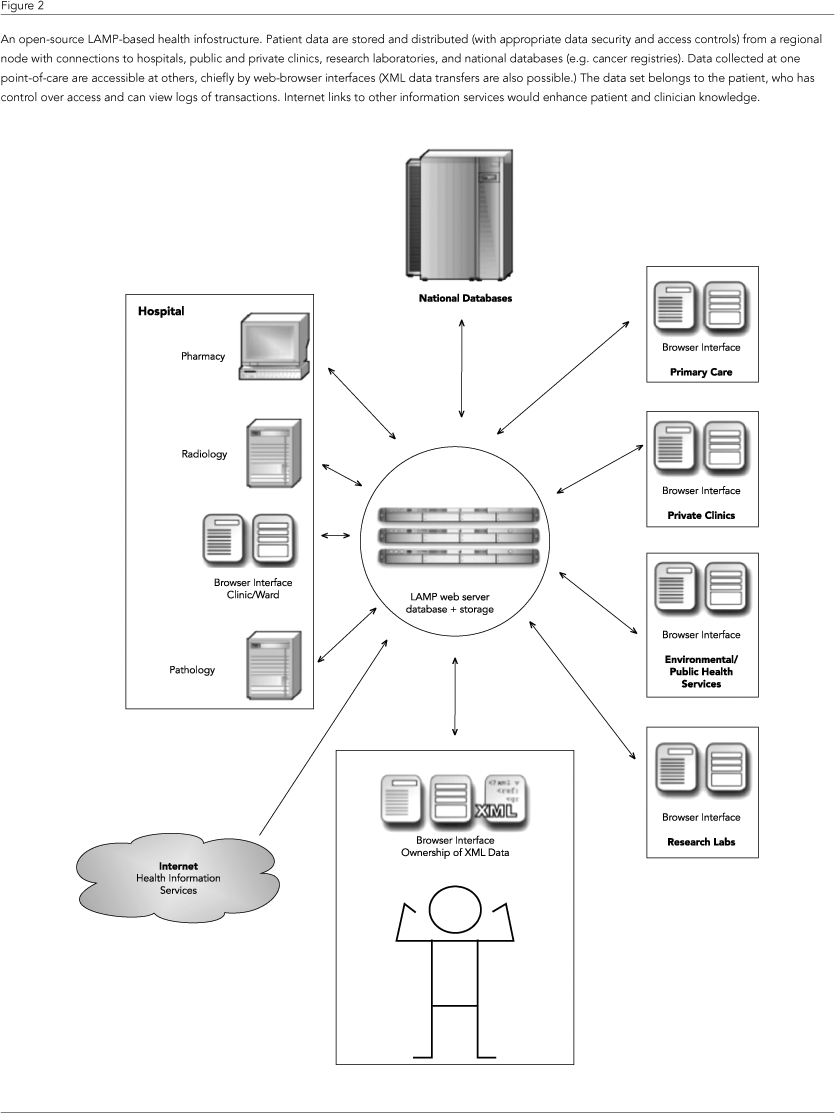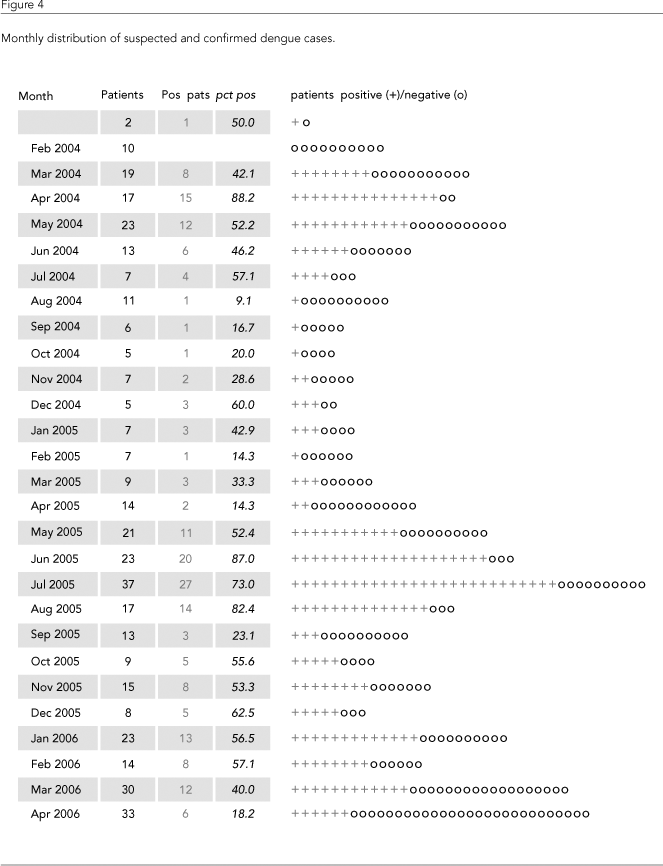The past 20 years have witnessed an astonishing increase in computational power and an incredible reduction in the cost of contemporary computer systems, but the public health infostructure in most countries has not changed significantly. This article discusses the potential benefits of applying patient-centered infostructure at the primary medical "points-of-care" services, based on networked integrated open-source technology and programming standards to develop tools to detect and reduce health inequalities. Such systems, which could be implemented from the local to the national level, would enable the expansion of evidence-based medicine, clearer identification of health inequalities, and more accurate cost-benefit analyses. In addition, the public health sector could link such databases to traditional Electronic Patient Record (EPR) systems at a greatly reduced cost by promoting the use of standards-based formats for data transfer and storage. Ultimately, the new health infostructure would help decrease health inequity. In fact, developing countries like Brazil, India, and South Africa are well-positioned to take advantage of the open-source movement and "leapfrog" countries burdened by legacy systems.
Information Systems; Equity in Access; Primary Health Care





